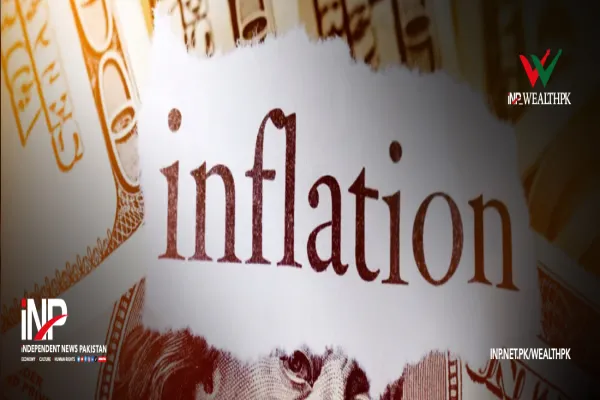i INP-WEALTHPK
Faiza Tehseen
Enhanced global coordination can help Pakistan achieve the net-zero target and foster a green economy, opined Muhammad Saleem, spokesperson for the Ministry of Climate Change and Environmental Coordination (MoCC&EC), in an exclusive interview with WealthPK.

“To successfully implement the carbon credit strategies and initiatives, collaboration with different governmental and non-governmental organisations is crucial at both national and international levels,” he emphasized. Reliable sources, expertise, and sufficient budgeting are vital tools to set ambitious decarbonisation goals.
Carbon sequestration projects, which also present numerous investment opportunities for developed countries, could bring benefits to marginalised communities, including jobs, infrastructure development, and shared benefits in developing countries like Pakistan. Global cooperation is important for the successful implementation of viable carbon credit strategies or plans to minimise the adverse environmental impact of carbon, ensure transparency and prevent possible frauds.
“With the emergence of carbon markets, which have become key components of global climate policies, concerns have emerged over inconsistent regulations and risk of 'greenwashing'. However, there is a pressing need for improved oversight to ensure that the carbon credit systems are both effective, transparent and lead to desired goals,” Saleem said. He further said, “Experts agree that a globally coordinated approach is essential for verifying and trading credits to standardise the carbon credit system.
A mounting challenge lies in aligning the voluntary carbon markets, led by the private sector, with the compliance markets governed by regional and national policies. For instance, the European Union has implemented stringent rules to prevent double counting, where the same carbon credit is claimed by multiple parties.” He said countries, including Indonesia and Brazil, possessing vast carbon sinks, call for higher valuation of nature-based credits.
Meanwhile, developing nations are advocating fair revenue distribution from carbon credit transactions. Although many developing countries are home to significant carbon sequestration resources, such as forests and mangroves, they often lack the infrastructure to participate effectively in carbon markets. To address this gap, technology transfer facilitation and capacity-building programs from expert countries are essential. For effective carbon markets, equitable benefits should be ensured for the countries hosting these rich carbon sinks.
As carbon credit strategies gain momentum following their implementation, international cooperation is no longer optional but a necessity, he added. Discussing with WealthPK the importance of international coordination to initiate carbon credit strategies, Muhammad Akbar, an environmentalist from Gilgit-Baltistan (GB), said Pakistan is in urgent need of it due to a lack of expertise, practical implementation, and finance. To achieve the net-zero target, Pakistan needs to ready its people to embrace the challenge, and respond effectively to meet the targets.
He said, “To unlock private finance through carbon credits, Pakistan needs to participate in the global carbon markets and voluntary emission trading schemes. International expert partners, including EU ETS (European Union Emissions Trading System), and MRV (monitoring, reporting, and verification) systems, can help Pakistan in establishing the carbon credit mechanisms.”
Credit: INP-WealthPk









